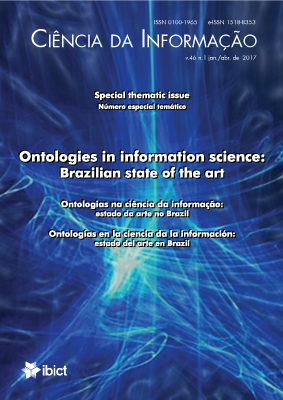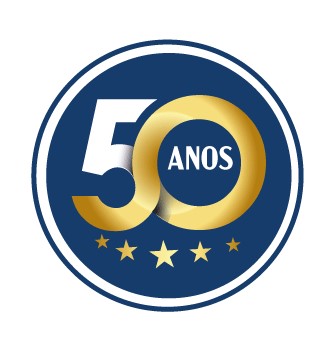Guidelines for writing definitions in ontologies
DOI:
https://doi.org/10.18225/ci.inf.v46i1.4015Palavras-chave:
Definitions, Ontology, Textual definitions, Definitions in ontologies, Guidelines, Design patterns, Applied ontologyResumo
Ontologies are being used increasingly to promote the reusability of scientific information by allowing heterogeneous data to be integrated under a common, normalized representation. Definitions play a central role in the use of ontologies both by humans and by computers. Textual definitions allow ontologists and data curators to understand the intended meaning of ontology terms and to use these terms in a consistent fashion across contexts. Logical definitions allow machines to check the integrity of ontologies and reason over data annotated with ontology terms to make inferences that promote knowledge discovery. Therefore, it is important not only to include in ontologies multiple types of definitions in both formal and in natural languages, but also to ensure that these definitions meet good quality standards so they are useful. While tools such as Protégé can assist in creating well-formed logical definitions, producing good definitions in a natural language is still to a large extent a matter of human ingenuity supported at best by just a small number of general principles. For lack of more precise guidelines, definition authors are often left to their own personal devices. This paper aims to fill this gap by providing the ontology community with a set of principles and conventions to assist in definition writing, editing, and validation, by drawing on existing definition writing principles and guidelines in lexicography, terminology, and logic.Downloads
Os dados de download ainda não estão disponíveis.
Downloads
Publicado
28/12/2017
Edição
Seção
Parte I - Contribuições teóricas e metodológicas da pesquisa sobre ontologias
Licença
- A publicação se reserva o direito de efetuar, nos originais, alterações de ordem normativa, ortográfica e gramatical, com vistas a manter o padrão culto da língua, respeitando, porém, o estilo dos autores;
- As provas finais não serão enviadas aos autores;
- Os autores mantém os direitos totais sobre seus trabalhos publicados na revista Ciência da Informação, ficando sua reimpressão total ou parcial, depósito ou republicação sujeita à indicação de primeira publicação na revista, por meio da Licença Pública 4.0 Internacional Atribuição-CompartilharIgual
- Deve ser consignada a fonte de publicação original;
- As opiniões emitidas pelos autores dos artigos são de sua exclusiva responsabilidade;
- Cada autor receberá dois exemplares da revista, caso esteja disponível no formato impresso.





























